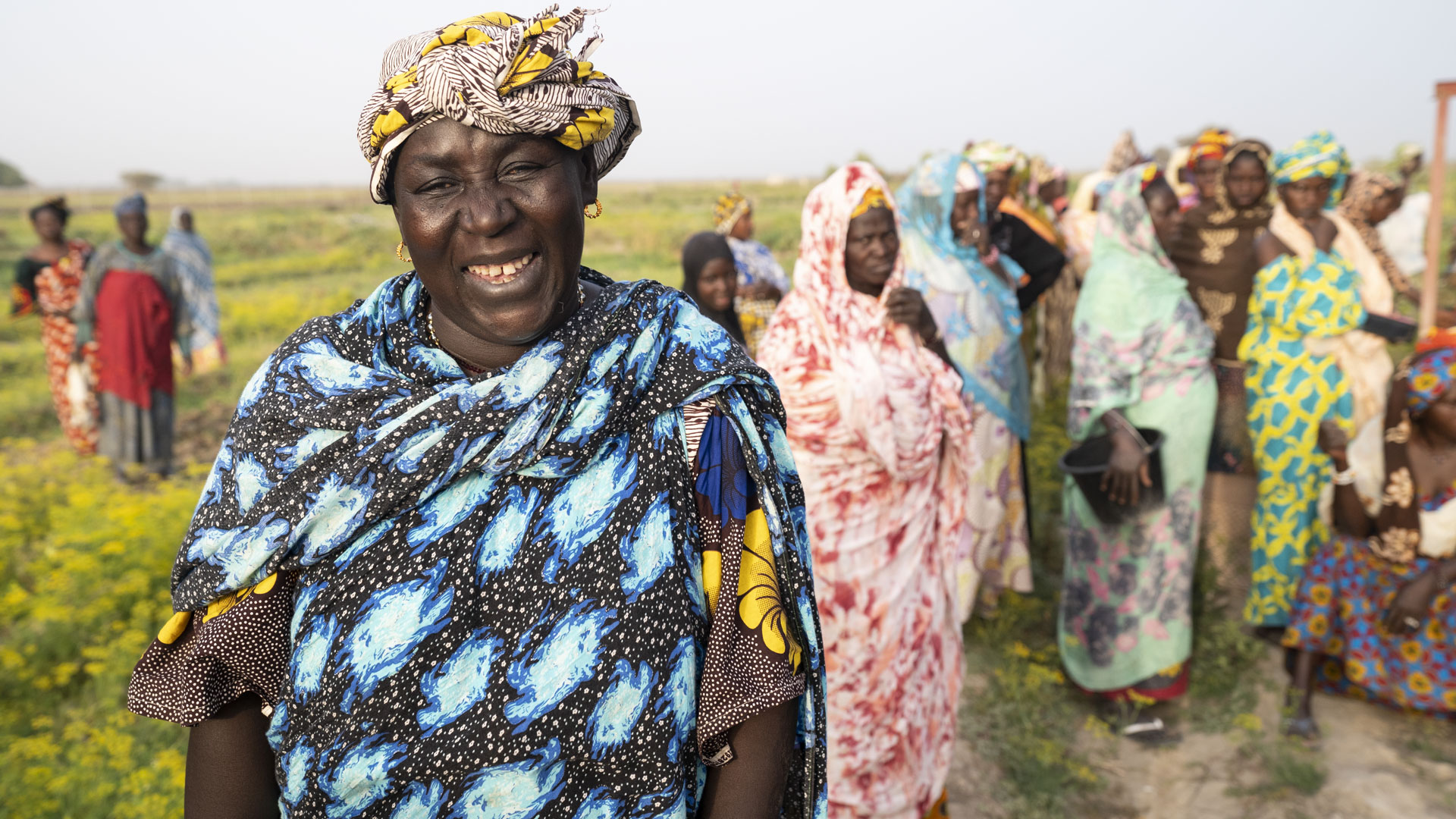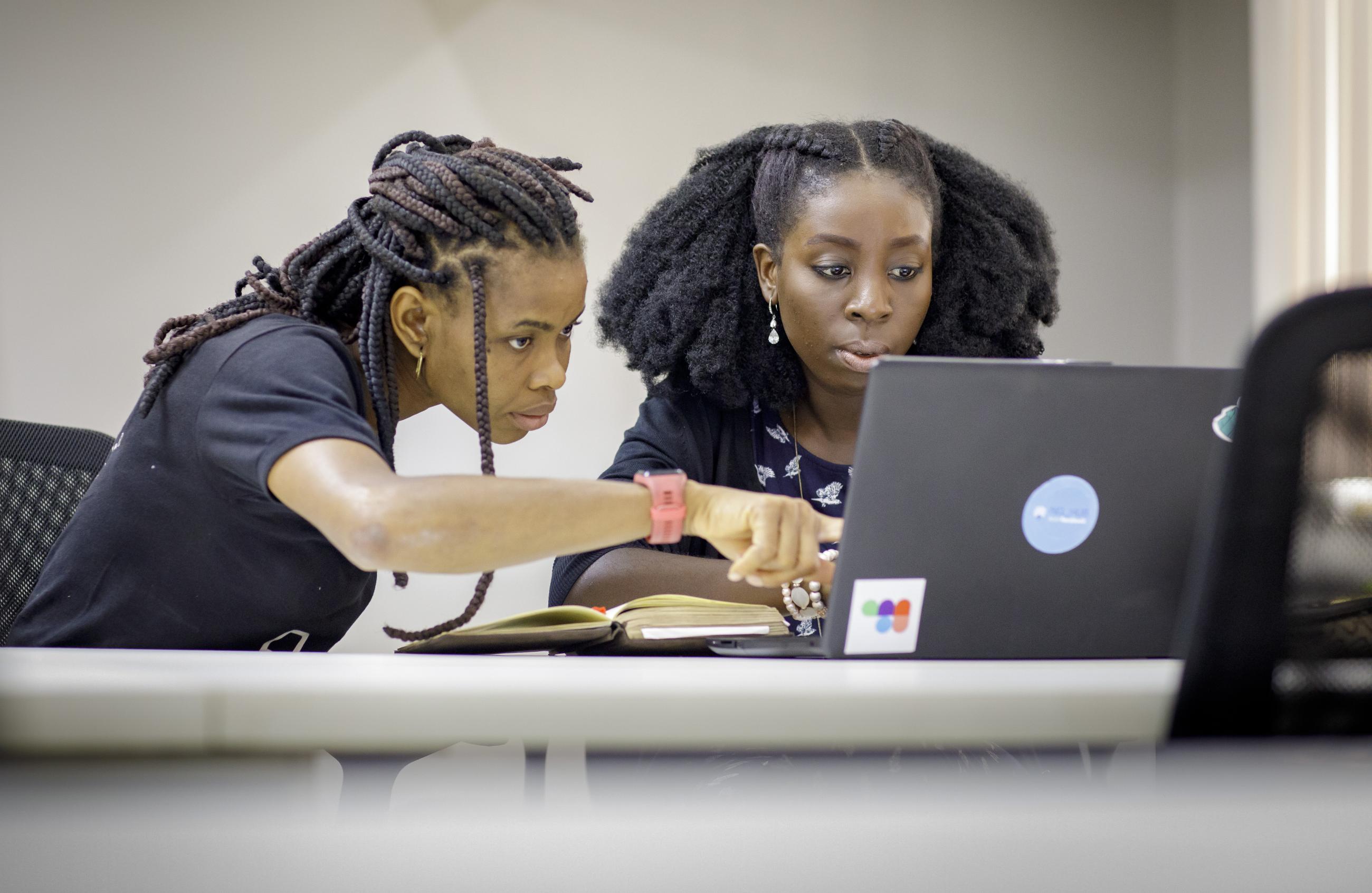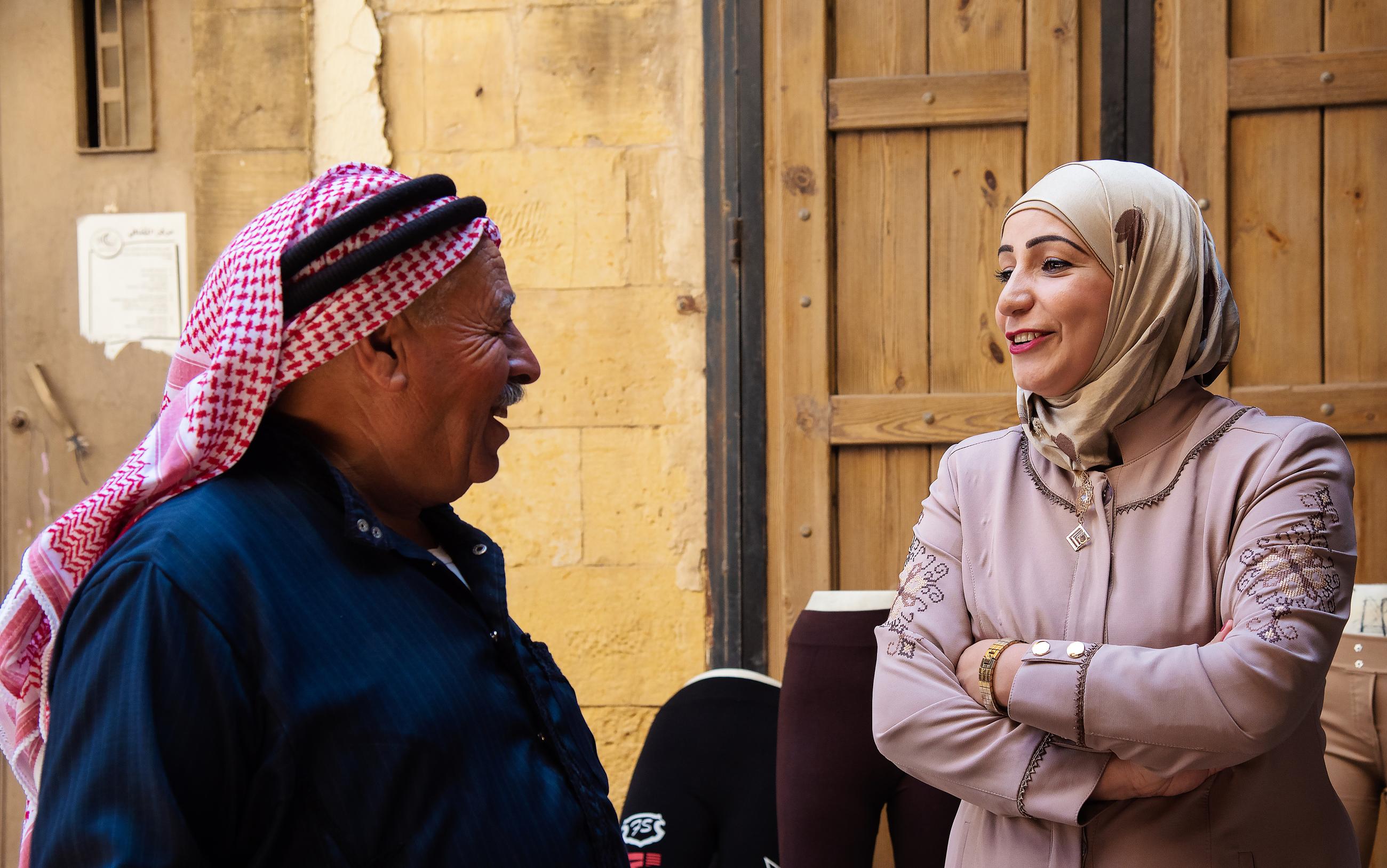Women and girls make up half of the world’s population, but still have nowhere near half of its power and resources. Feminist policy recognises that women and girls have enormous potential that they have so far been unable to contribute fully. They have ‘strength, knowledge, special abilities and innovative ideas’, says German Development Minister Svenja Schulze. And these skills should not go to waste. Feminist policy aims to redress imbalances of power and thus enable equal participation for all.

Fair, smart and current
All over the world, women face disadvantages. Feminist development policy aims to address the causes of this inequality.
What is feminist development policy?
Societies are more stable, peaceful and economically successful when everyone can participate in them equally. However, absolute equality does not exist in any country. Feminist development policy aims to dismantle structures that enable discrimination on the basis of gender and to effect systemic change. The German Development Ministry (BMZ) therefore recently adopted a strategy with objectives that include increasing the proportion of newly committed project funds for measures with the direct or indirect objective of advancing gender equality to 93 per cent by 2025.

How does feminist foreign and development policy work exactly?
In addition to BMZ’s strategy, the Federal Foreign Office has also developed Guidelines for Feminist Foreign Policy. Both approaches complement each other and, in doing so, are pushing for modernisation in the partner countries, but also in the institutions themselves. BMZ has defined four fields of activity here: strengthening rights, resources and representation; mainstreaming the feminist approach in projects; expanding international alliances and realigning BMZ itself. The Federal Foreign Office has adopted ten guidelines that include integrating women into peace negotiations, gender-sensitive humanitarian aid, efforts to counter anti-feminist pushback in international politics and increasing the proportion of women ambassadors. In more general terms, it is a question of keeping the subject of gender in the forefront and cultivating a ‘feminist reflex’, says German Foreign Minister Annalena Baerbock.

‘For me, feminist development policy is a question of equality. Women and girls make up half of the world’s population. They should also have half of the power.’
What are the ‘3Rs’?
Strengthening rights (R) and eliminating discriminatory laws and standards, enabling equal access to resources (R) and increasing women’s representation (R) at all levels of society are crucial factors in achieving equal participation. Together the ‘3Rs’ are the key approaches to BMZ’s feminist development policy and will therefore be important focal points in future. Specifically, this means that German international cooperation is more committed than ever to promoting anti-discrimination legislation in its partner countries – from prohibiting marital rape through to land and inheritance rights. It promotes access to and control of resources and therefore access to education and financial services, for example. It also advocates for equal participation in all social, political and economic decision-making processes, from local authorities and parliaments to administration and justice.
Is feminist development policy only about women?
It is about giving everyone the opportunity to live a self-determined life and to play an equal part in social processes. Feminist development policy aims to break down barriers and obstacles that stand in the way of this goal. This applies to all marginalised groups, but particularly women and girls, as they are affected most by this kind of inequality in terms of numbers. It is therefore not a policy by women for women, but a question of equalisation, prosperity and social cohesion – factors that ultimately benefit everyone.
How are gender equality and sustainable development connected?
Gender equality is key to achieving the Sustainable Development Goals. If women have equal rights and equal responsibility, then there is less poverty, less hunger, less environmental pollution, more prosperity and more stability. For example, if women were active on the labour market to a similar extent to men, the International Monetary Fund estimates that growth in some countries could increase by as much as 35 per cent.
What countries have feminist foreign and development policies in place?
Sweden was the first country to introduce such a policy in 2014, followed by Canada, Luxembourg, France, Mexico, Spain and others. The topic first came to the fore in Germany in 2022. GIZ is supporting the German Government in implementing feminist development policy at various levels, including in international cooperation projects.

More on this topic online
- Feminist development policy (BMZ )
- How to Close Gender Gaps and Grow the Global Economy (IMF)
- PASSION. PROOF. POWER. (ICRW)
- Feminist Foreign and Development Policy (German only) (UN Women Deutschland)
- What does feminist development policy mean (German only) (ONE Deutschland)
- Minister Schulze: How feminist can development policy be? (German only) (Tagesschau)
Image sources
D.T. Romain Georges Arnaud Akéminou
Thomas Imo/photothek.net
BPA / Steffen Kugler
Rajiv Raman